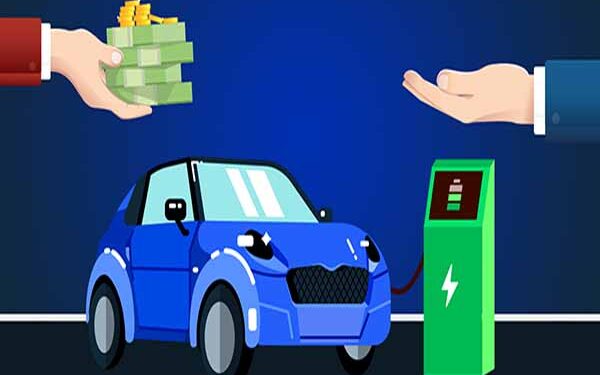The transition to 100% electric vehicles (EVs) is critical for reducing greenhouse gas emissions and combating climate change. However, this transition requires significant investments in new EV infrastructure, including charging stations, battery technology, and vehicle production. Financing is essential for this transition, as it provides the necessary funds to make these investments and accelerate the adoption of EVs.
One of the main challenges of transitioning to 100% EVs is the cost of the technology. EVs are currently more expensive than gasoline-powered cars, and charging infrastructure is also costly to install. Financing can help reduce these costs by providing capital for research and development of more affordable EV technology and by funding infrastructure projects that make it easier and more convenient for people to switch to electric cars.
Another important aspect of financing for the transition to 100% EVs is the role it can play in incentivizing adoption. Government subsidies, tax breaks, and other financial incentives can make EVs more accessible and attractive to consumers. Financing can also be used to support education and outreach campaigns that promote the benefits of EVs and increase consumer awareness.
Financing can also support the development of new business models and partnerships that help accelerate the adoption of EVs. For example, financing can support the creation of public-private partnerships that bring together automakers, utilities, and other stakeholders to invest in EV infrastructure and coordinate efforts to promote EV adoption. Financing can also support the growth of EV car-sharing and ride-hailing services, which can reduce the number of cars on the road and help make EVs more affordable for consumers.
In conclusion, financing is essential for the transition to 100% EVs. It can help reduce the costs of EV technology and infrastructure, incentivize adoption, and support the development of new business models and partnerships. With the right financing strategies in place, the world can accelerate the adoption of EVs and move closer to a more sustainable, low-carbon future.







